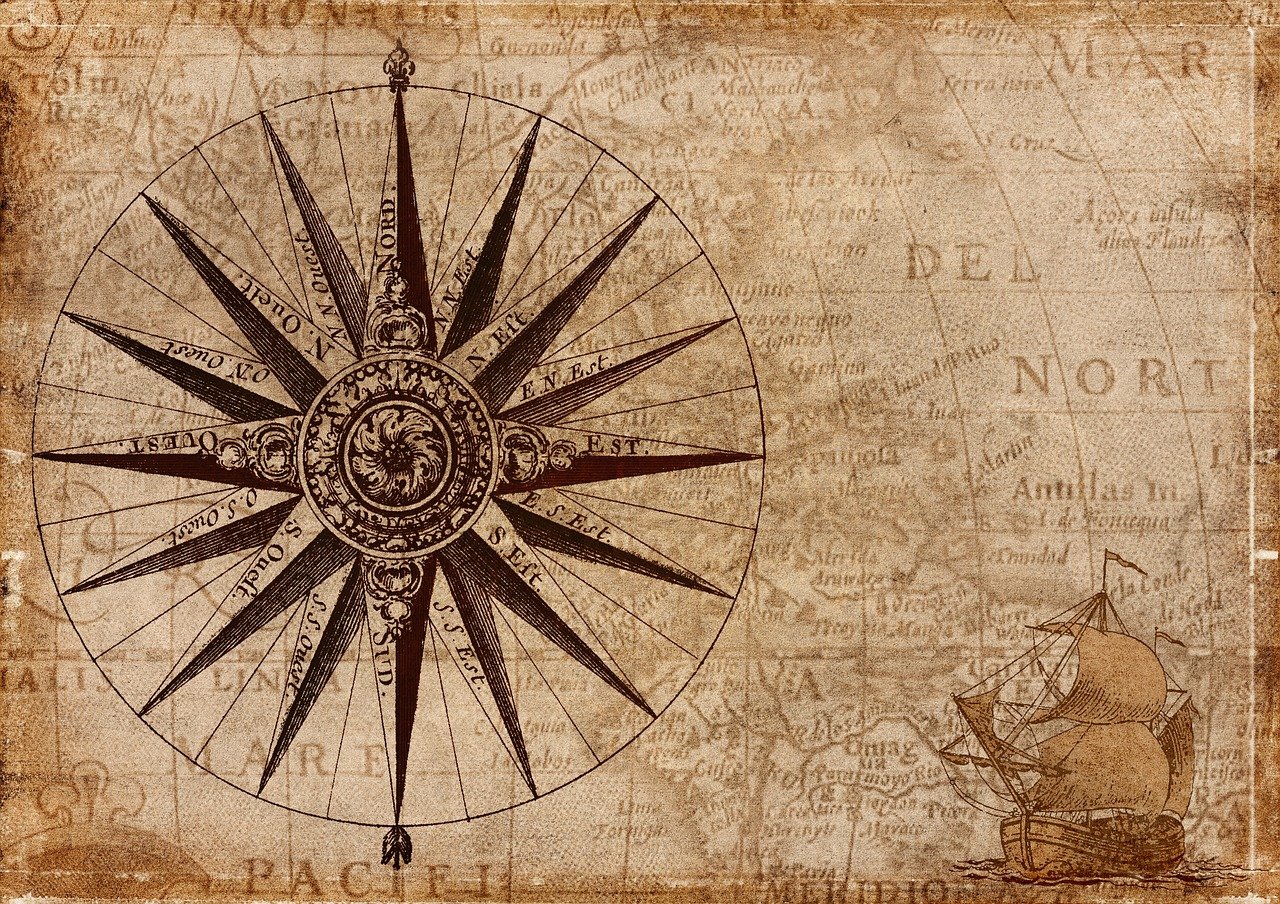Determinism
Determinism, the philosophical doctrine that all events are determined completely by previously existing causes, has roots tracing back to ancient civilizations. In early Greek philosophy, thinkers like Democritus posited that the world is composed of indivisible atoms moving in a void, suggesting a kind of physical determinism where everything results from the interactions of these atoms. The Stoics further developed deterministic ideas, proposing that a rational structure (logos) governs the universe and that all events are the result of a divine, rational plan.
During the Middle Ages, theological determinism became prominent, particularly within Christian thought. Augustine of Hippo grappled with the concepts of divine foreknowledge and human free will, ultimately suggesting that God’s omniscience includes knowledge of all future events, which raises questions about human autonomy. In the Reformation era, John Calvin’s doctrine of predestination echoed deterministic themes by asserting that God has predetermined the salvation or damnation of individuals.
The Enlightenment brought a shift toward scientific determinism with the rise of Newtonian physics. The success of Newton’s laws in predicting celestial and terrestrial motion fostered the belief that the universe operates like a vast machine governed by immutable laws. Pierre-Simon Laplace encapsulated this view with his thought experiment of a hypothetical intellect (later known as “Laplace’s Demon”) that, knowing all forces and positions of all particles, could predict the future entirely.
In the 19th and early 20th centuries, determinism faced new challenges. The advent of quantum mechanics introduced fundamental indeterminacy at the subatomic level, suggesting that not all events are causally determined. This development led to debates between proponents of determinism and those advocating for indeterminism or probabilistic interpretations of quantum phenomena.
Contemporary discussions of determinism often revolve around reconciling scientific insights with notions of free will and moral responsibility. While some philosophers and scientists argue for compatibilism—the idea that free will and determinism are not mutually exclusive—others maintain that true autonomy cannot exist in a determined universe. The debate continues to evolve with ongoing advancements in physics, neuroscience, and philosophy.
Weekly Popular
Newsletter
Subscribe to our newsletter to stay up-to-date on our latest news and announcements.






